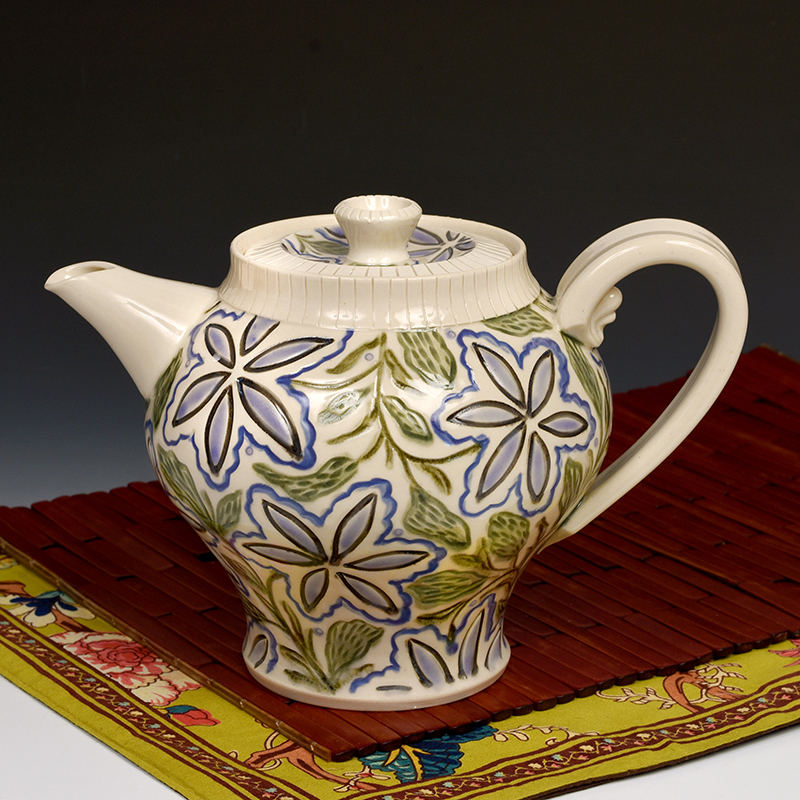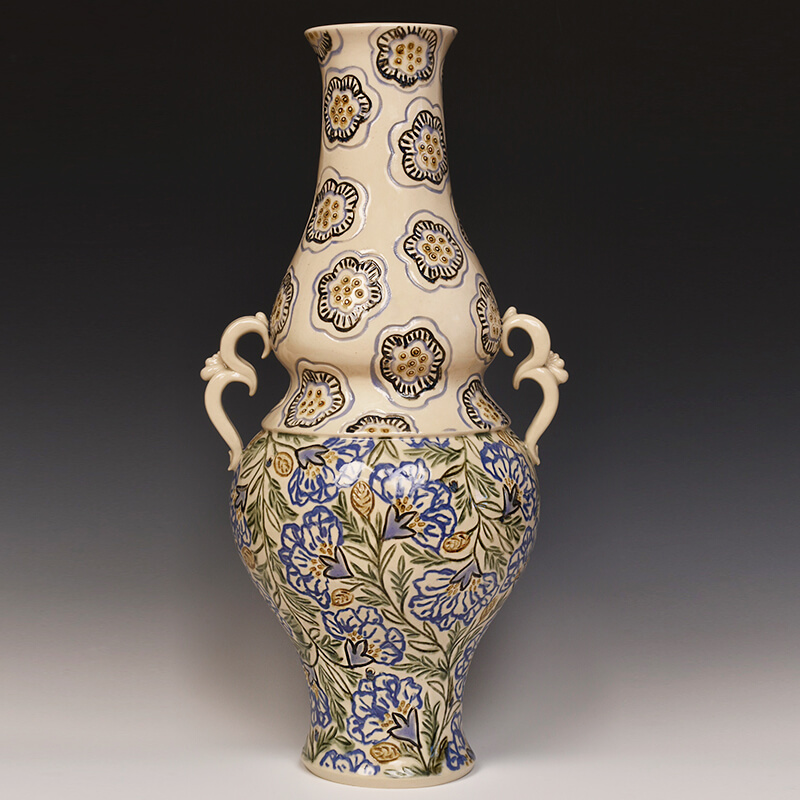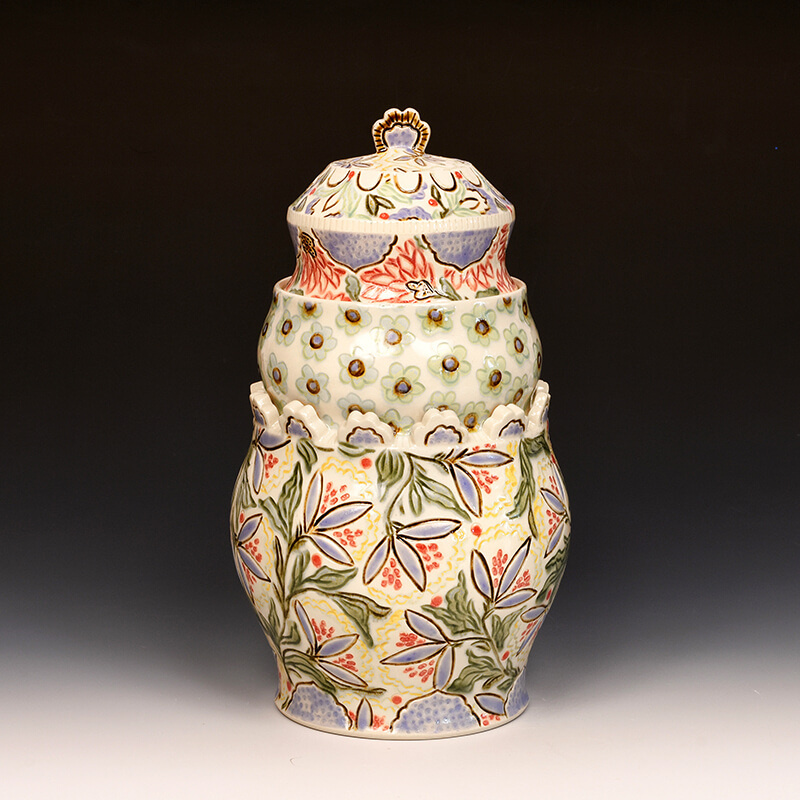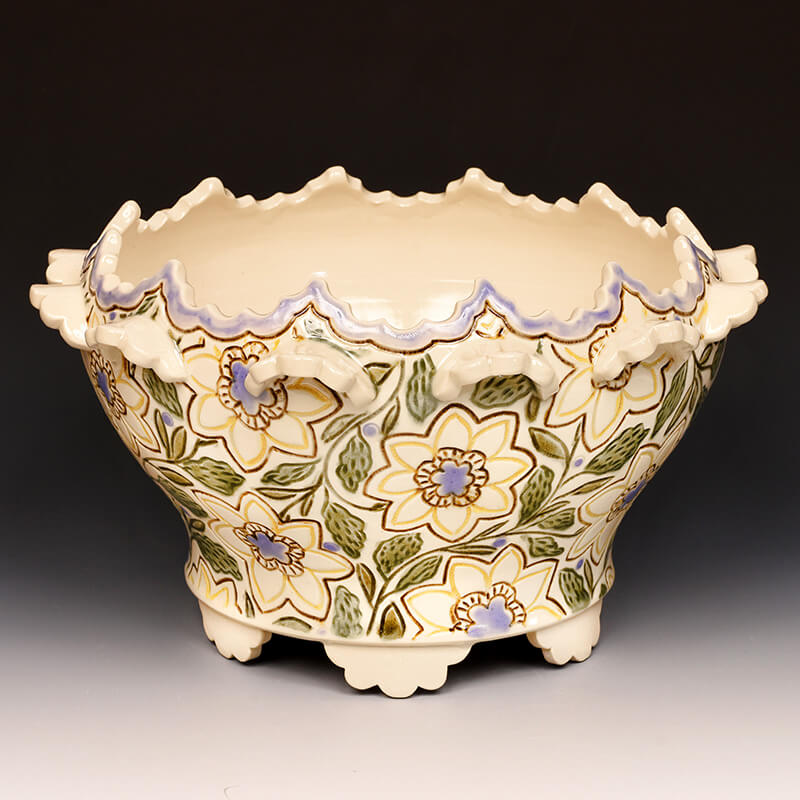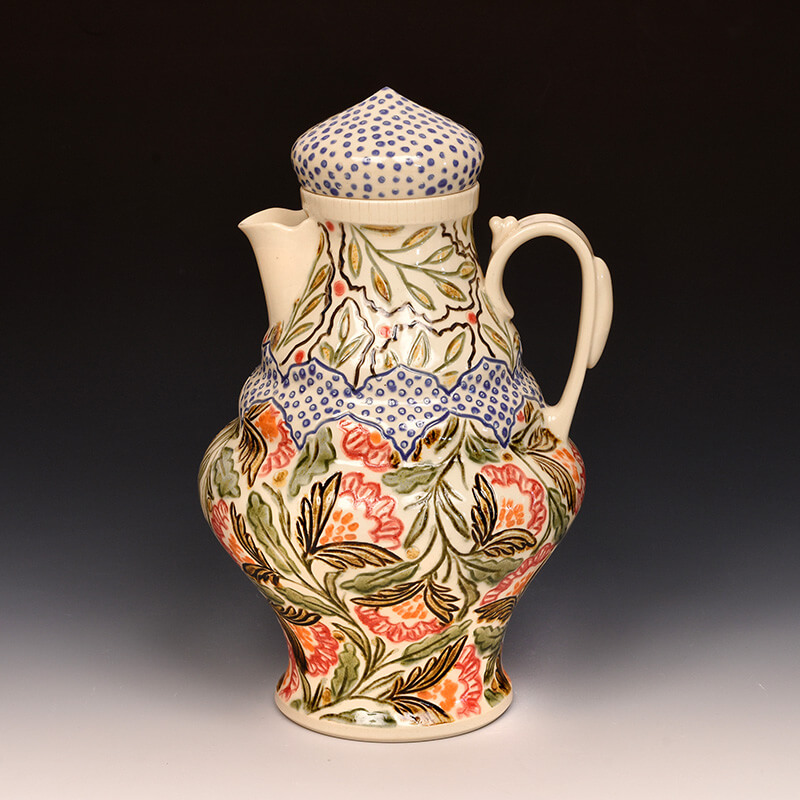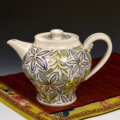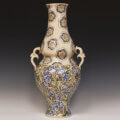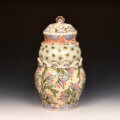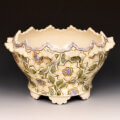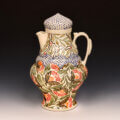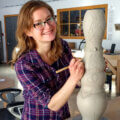
Red Lodge Clay Center – Short-Term Resident (AIA) 2018, (AIA) 2023
Audry Deal-McEver is a full-time clay artist based out of Nashville, TN. In addition to earning a BFA in Ceramics from Ohio University, Audry’s education also includes studies at Burg Giebichenstein School of Art and Design (Halle, Germany), and short-term residencies at Arrowmont School of Arts and Crafts, Red Lodge Clay Center, Hot Springs National Park, and the University of Alaska. She has had work in over 50 solo and group exhibits across the US including venues as diverse as the American Museum of Ceramic Art, the Customs House Museum, the Disjecta Contemporary Arts Center (as part of the 2017 NCECA Annual Exhibit), the Appalachian Center for Craft, and the Nashville International Airport. She has also received numerous grants including an Individual Artist Fellowship from the Tennessee Arts Commission and an Individual Artist Career Opportunity grant from South Arts. Her studio practice has been featured in Ceramics Monthly, Nashville Public Television’s Tennessee Crossroads, and the Tales of a Red Clay Rambler podcast. Audry currently teaches at workshop centers across the country, and privately out of her home studio.
In the wild, plants have adapted their scent and color to help attract creatures to pollinate them, with the end goal of propagation. In a similar way, artists and designers throughout history have adapted their floral symbols to attract consumers that will acquire and spread their new patterns and designs. What starts out as a life-like botanical illustration can evolve drastically over hundreds of years (much like the cherry blossom and the rose share common ancestry but are now completely different flowers). Since many of the designers worked from memory, the translation from reality to a 2-D print or pattern is full of oddities and is often far removed from nature. I find the analysis of this visual evolution increasingly relevant as humans spend less time outdoors and our botanical inspired decor becomes a surrogate natural experience.
Over the past several years, I have been doing studies of the different botanical symbols seen throughout history and carving them onto white clay vessels. I enjoy the way the patterns and forms engage each other. Though I spend many hours looking at historical motifs, I carve from memory and make my own interpretations. My end goal is to create ornate, utility-based forms that inspire users to engage in slow, deliberate moments of sustenance.

